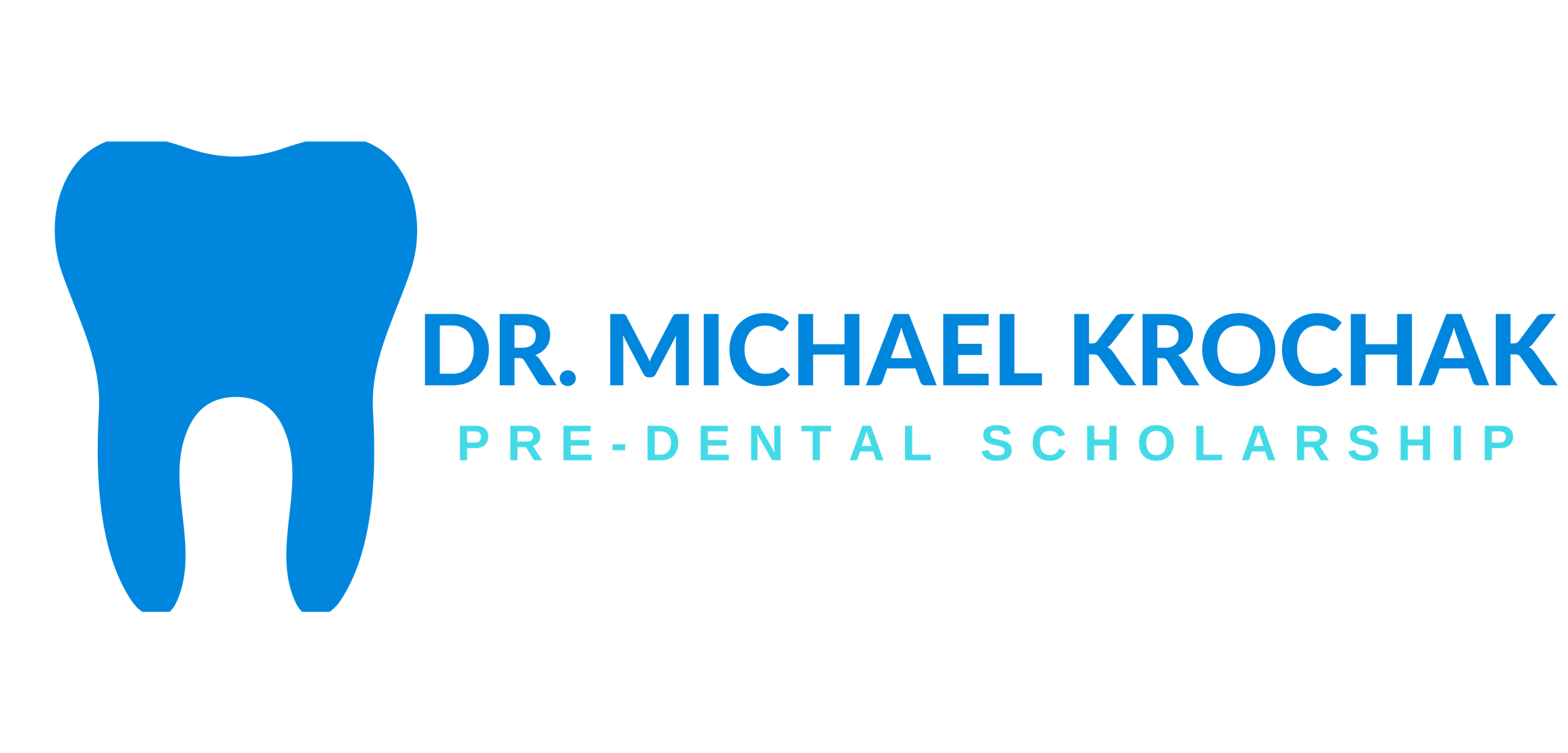20 Questions with Dr. Michael Krochak: Part I
Dr. Michael Krochak is an award-winning Dentist, having been named one of America’s top dentists in 2019 and 2020. He has been practicing General Dentistry since 1984. A graduate of Tufts University School of Dental Medicine and Johns Hopkins University, Dr. Michael Krochak is committed to staying at the forefront of general dentistry by continually taking advanced education courses. It’s been 37 years since Dr. Krochak began practicing dentistry, and he’s happy to report that it’s still his passion to this day.
Because Dr. Krochak has an incredible amount of knowledge and experience in the field of dentistry and dental education, we wanted to take the time to feature our founder and pick his brain about his journey, from his undergraduate studies to where Dr. Krochak is now, a nationally recognized Dentist.
Our interview with Dr. Krochak will take place over the course of 4 special blog posts. Below you’ll find our first 5 questions. Enjoy!
Thank you for taking the time to sit down with us, Dr. Krochak. When did you decide you wanted to enter the field of dentistry?
I originally was premed at Johns Hopkins University which as you know is the same prerequisite program as dentistry. I had no doctors in my family and sophomore year I decided that I should research my chosen career to ensure that I’d be happy. I started tagging along morning rounds at Johns Hopkins Hospital to observe the doctors and speak with them. I very disappointingly heard so many of them disgruntled by what they considered the interference in their profession from both the government and insurance companies. This was 1977 and the beginning of the “managed care” system being developed to contain healthcare costs. (We see how well that did!) Very few of the doctors seemed happy to me and most of them seemed angry and entitled. I was very upset so I went to a student counselor at our Dean’s office. She asked me simply, “What am I good at and what do I enjoy doing? “Even though I excelled at math and science, I was a bit both right brained and left brained because I told her that I am very creative and artistic. I liked drawing cartoons and sketches and cooking. She immediately asked me if I ever considered Dentistry as a career because it was a perfect blend of art and science? Turned out her uncle was a retired dentist who sculpted and she completely understood this. What an epiphany! She suggested that I volunteer that summer at a dentist’s office or clinic. I did just that and I couldn’t be happier with her advice. After 38 years of practice, I actually still enjoy what I do and I don’t know too many people my age who can say that!
What was your experience like while attending dental school?
Dental school is quite challenging because of the need for both the didactic science portion like medical school and then the technical and hand-eye coordination training to develop the clinical skills needed. Even though the workload was extensive, I didn’t have much of a problem fortunately and graduated cum laude. More fortunately though was my creative skill set which made the technical aspects more fun to learn than challenging. Most students who struggled, struggled from the technical aspects more than the didactics.
What kind of challenges did you face while attending dental school?
Just like undergraduate, it’s all about time management. Being disciplined to not waste time and balance the time needed to both study and practice the technical skills was the biggest challenge. Fortunately, Johns Hopkins was a very competitive school and I developed good habits early on in college.
What advice would you give to a young person who wishes to pursue pre-dental studies?
Like I mentioned before, if you do not have exposure to the dental field, volunteer and get familiar to see if this is truly something that interests you. I think dentistry enjoys a little more independence than medicine from outside interference of practice although it is getting more difficult with increasing insurance company interference. My best advice is to develop proper study habits and time management skills now so that you are not overwhelmed and struggling in graduate school.
Are you still involved in dental education?
I took a lot of psychology in undergrad and knew that many people had fears of going to the dentist. Most dentist take a doctor centered approach to treating anxious patients by giving them medications or using IV sedation. This does NOT address the underlying fears at all. I developed a behavioral modification approach for this special patient population and started a Dental Phobia Clinic at Mount Sinai Hospital’s dental residency program in New York City. I taught the residents there how to become more compassionate dentists and how to behaviorally help these patients conquer their fears so that once healthy, they can maintain their health and stop avoiding routine care. I ran that program for 18 years as well as having a part of my private practice dedicated to this. I stopped teaching at the hospital because I couldn’t stand the pressure from the administration to “produce revenue” as opposed to teaching. I often have students from abroad and domestically visit my practice and shadow me so I still enjoy teaching in the more intimate private setting of my practice.
I also mentor my younger dental partner as well as three other dental associates in my practice.
The Dr. Michael Krochak Pre-Dental Scholarship was developed to encourage young Men & Women to enter the field of Dentistry. The scholarship helps students pursuing careers in dentistry to meet the rising costs of their college tuition. For additional information on the Dr. Michael Krochak Pre-Dental Scholarship, please visit our website.

